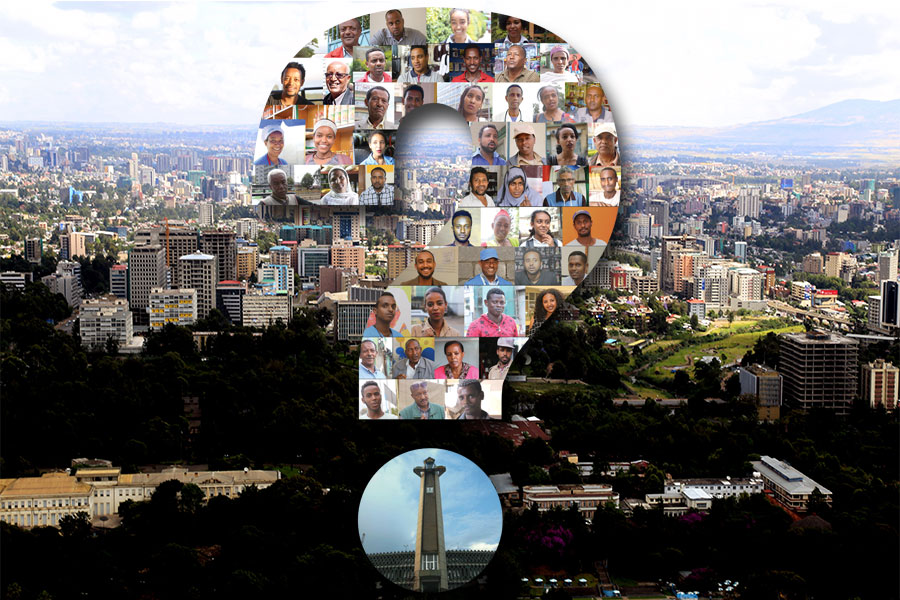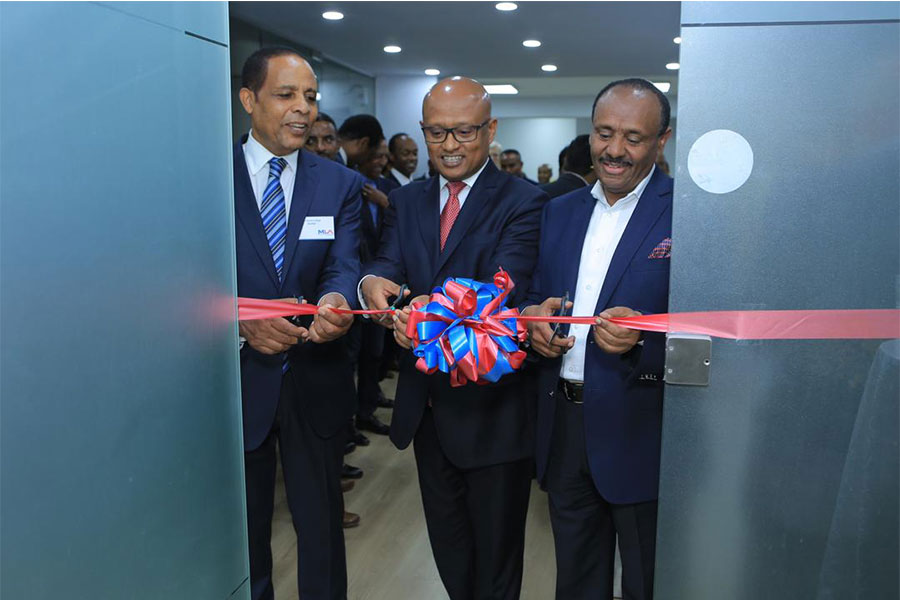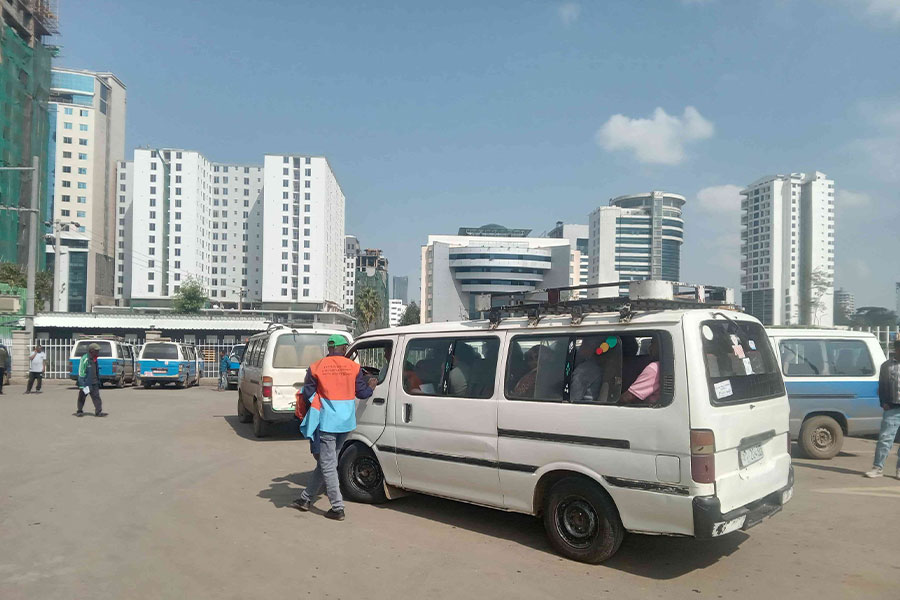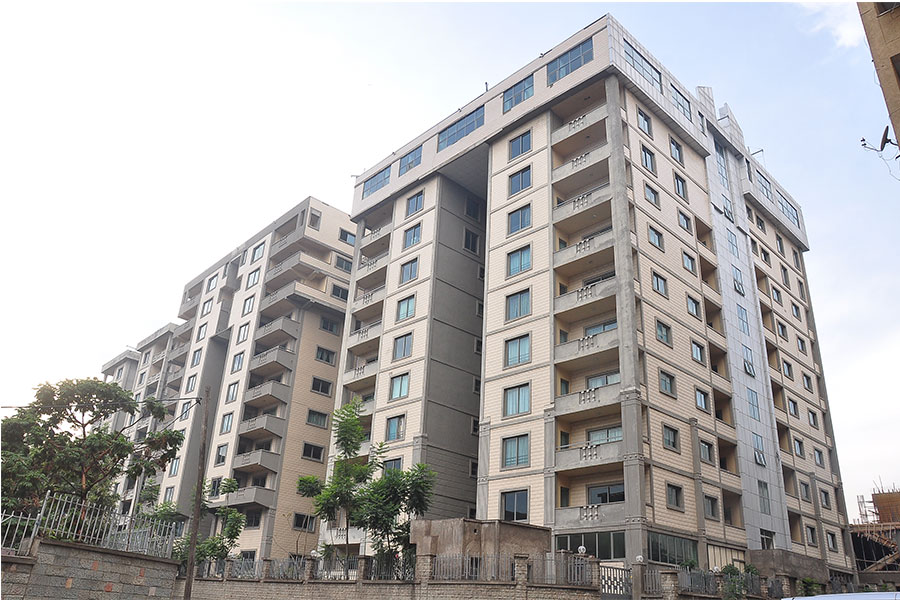
Viewpoints | Jul 02,2022
A Korean-based consultancy firm, DONG IL Engineering Consultants bagged the contract to conduct a detailed analysis on constructing bus transits on flood-ridden roads in Addis Abeba.
The company is expected to provide consultancy and design of the Bus Rapid Project (BRT) for close to 11 million Br under a 20-month contract financed by the World Bank.
The bus corridor that will be constructed in between the current two-side roads covers a total of 16Km, connecting major spots, such as Wingate and Jemmo to the west, and from Merkato to Qera.
The route passes through five districts- Addis Ketema, Nifas Silk, Kirkos, Gullele and Lideta while buses with similar styles are expected to accommodate the corridors using the lines that have no traffic stoppages, with a speed of 80KmpHr.
The Addis Abeba City Roads Authority (AACRA) awarded the contract to the company with more than four-decade experience in designing and consulting roads, subways, and tunnels, with hopes of commencing the construction in the next two years.
Moges Tibebu, a project engineer at the Authority, said the project is intended to reduce traffic congestion in the city and enable the city buses to transport passengers quickly and efficiently to their destinations while offering flexibility to meet transit demand.
"It'll be ongoing for 10 years," he said.
Technica Y Projectors, a Spain-based consultancy firm and ROM Transportation Engineering LTD, an Isreali-based company were up for evaluation while two other firms, Kora Transport Institute and Seoul Urban Agency fall short during the bidding process.
Takele Lulena, deputy manager at the Authority, said they are planning to identify where the flood-ridden areas and road erosions are mainly caused and build a drainage system along the way. He said the firm will conduct a study on the possible areas the project will be constructed.
“The main point is to unravel a master plan for the implementation,” Takele told Fortune.
According to the master plan, 15 lines of transit corridors have been identified with 23 stations and 24 intersections transporting 160,000 passengers per day.
The Authority plans to build three more routes with a total length of 35Km in the next five years, as part of the city’s master plan while another five corridors, 58Km in length will be added in 10 years
Fisseha Fantahun, a team leader of BRT at Addis Ababa Transport bureau disclosed that the project will be useful in decreasing the transport demand in the city and decreasing the usage of private vehicles.
"There will be a high modal shift on transport services," he told Fortune.
According to Fisseha, the BRT system will be made comfortable and safe for passengers with a limited capacity for bus accommodation.
There are 650 Anbessa buses and over 8,000 minibuses operating in the capital. However, long queues for transportation are a common sight in the streets. With the gradual removal of fuel subsidies and increasing population numbers, federal authorities have set the stage for further investment in public buses. Over 3,000 more buses are needed to meet the capital’s demand for public transport which stands at 54pc.
Over the past seven years, there were efforts to improve the urban transport situation in the capital, largely through investments in new infrastructure such as roads, a Light Rail Transit (LRT) system and improved standards and practices for improving and integrating pedestrian facilities in major transport capital projects.
The UN projects the country’s population to increase up to 310 million by 2050, and most of this growth is expected to occur in Addis Abeba, where urbanization is taking place rapidly.
However, a steady influx of people also puts tremendous pressure on cities and their transport systems. Housing and land-use developments are taken on the basis of where available land resources are, with almost no assessment of transport impacts.
As a result mobility in Addis Abeba has become extremely challenging, as congestion has exacerbated substantially over the current master plan period.
In order to improve public transport for the city’s largely non-motorized population, substantial investments in mass transport networks have been made. According to the World Bank report, 26pc of the capital investment budget is dedicated to transport.
The current public transport operator has a number of weaknesses, with governance being a critical one. Even though most trips in Addis Abeba are made by walking, facilities for pedestrians tend to be inadequate and substandard.
In recent years, the population growth rate is outpacing the city's spatial expansion rate, resulting in a deficient physical form. Experts argue despite attempts at planning and catering to rapid urban growth, urbanization still takes place largely in an unplanned manner.
Birhanu Zeleke (PhD), a lecturer at Kotebe Metropolitan University, observes that the traffic management system in the country has been poor so far.
He hopes the Bus Rapid Transit is bound to solve congestion problems by getting rid of private vehicles and replacing them with more affordable and plausible modes of transportation.
According to Birhanu, the poor planning and land use, and inadequate infrastructure could be attributed to a lack of coordination with transportation.
"Integrating transport with land-use development has proven to be very difficult," he said.
He said poor traffic management affects car drivers, which could be attributed to limited institutional capacity and a lack of central control system.
Birhanu observes that since the construction will be built on the main roads, it requires some parts of the city to be demolished insurmountably which causes high-risk factors in investments.
He also questions whether the system would sustain for a long time after construction, given the lack of proper governance in controlling and monitoring the roads built in the city.
PUBLISHED ON
[ VOL
, NO
]

Radar | Jun 20,2020

Fortune News | Apr 26,2019

Fortune News | Feb 23,2019

Agenda | Jun 21,2025

Fortune News | Feb 09,2019

Dec 22 , 2024 . By TIZITA SHEWAFERAW
Charged with transforming colossal state-owned enterprises into modern and competitiv...

Aug 18 , 2024 . By AKSAH ITALO
Although predictable Yonas Zerihun's job in the ride-hailing service is not immune to...

Jul 28 , 2024 . By TIZITA SHEWAFERAW
Unhabitual, perhaps too many, Samuel Gebreyohannes, 38, used to occasionally enjoy a couple of beers at breakfast. However, he recently swit...

Jul 13 , 2024 . By AKSAH ITALO
Investors who rely on tractors, trucks, and field vehicles for commuting, transporting commodities, and f...

Oct 25 , 2025
The regulatory machinery is on overdrive. In only two years, no fewer than 35 new pro...

Oct 18 , 2025
The political establishment, notably the ruling party and its top brass, has become p...

Oct 11 , 2025
Ladislas Farago, a roving Associated Press (AP) correspondent, arrived in Ethiopia in...

Oct 4 , 2025
Eyob Tekalegn (PhD) had been in the Governor's chair for only weeks when, on Septembe...